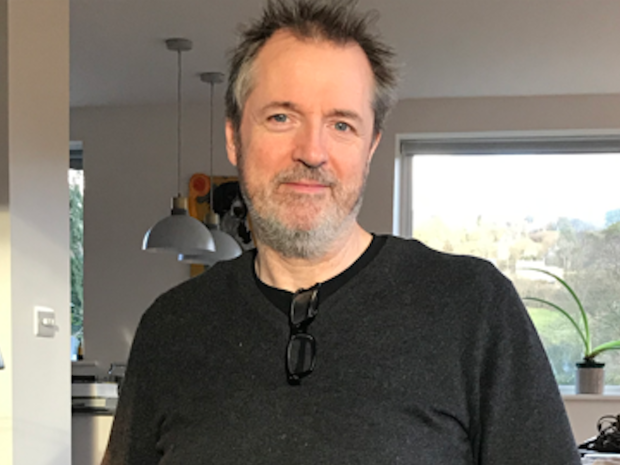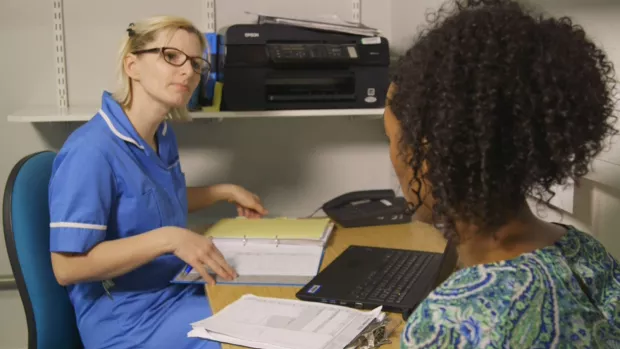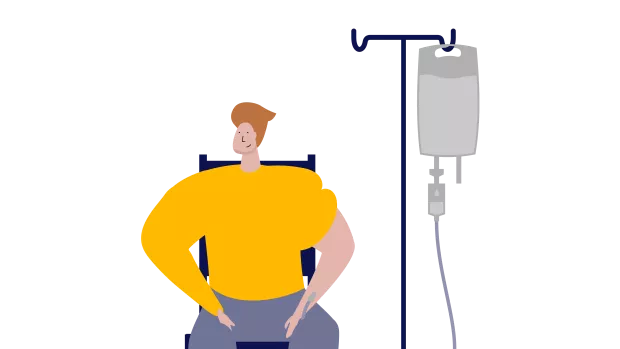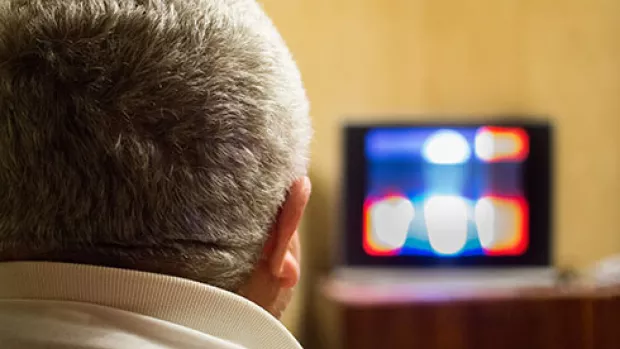
Miles' HSCT journey
In 2017, Miles Platt travelled to Clinica Ruiz in Mexico for HSCT, two years after being diagnosed with relapsing MS.
He told us he’d made the decision because his mobility had rapidly declined. We wanted to find out how he’s doing now, four years after treatment.
On the whole, the treatment worked. It’s not been a miraculous walk again epiphany, but it’s slowed the progression of the disease. The difference between me in 2017 and me now is fairly marginal.
If I hadn’t done anything, I would be in a dire situation
In 2014 I was able to walk around happily but within three years I needed to use crutches. My EDSS score went from 2 to 6.5 – it’s remained at 6.5 since HSCT. The writing was on the wall. If I hadn’t done anything, I would be in a dire situation.
I had quite an enlightened neurologist. He was pretty good, very aware of the treatment but said it wasn’t recommended for use on the NHS and he wouldn’t be able to get me on a trial because of my age. That’s why I went abroad.
You hope you’ve got the winning ticket
Like everyone, you hope you’ve got the winning ticket and your MS will improve. You get a bounce after HSCT for a short time, you go back to normal.
I’m immensely grateful it has slowed down my progression, it’s not galloping along as it has in the past.
One thing my wife, Mandy, and I have really noticed is I have nowhere near the same bouts of fatigue.
It’s a choice you make yourself
At the time, I had a certain amount of naivety – I didn’t want to look into HSCT too closely. It’s not pleasant – I conned myself by not looking.
As everyone with MS is acutely aware – it’s really individual.
You have to make your own personal assessment of the risks involved.
It’s a choice you make yourself – the pros and cons for you personally.
My advice is don’t leave it too late, particularly for younger people, as you get older the likelihood of it working is less. You’ve also got to be pushy, not all neurologists are the same, not all understand the possibilities.
I’m very glad I did it. Since then, I’ve done our house up. I’ve re-trained and I’m permanently employed again. I believe none of those things would have been possible without the treatment.



